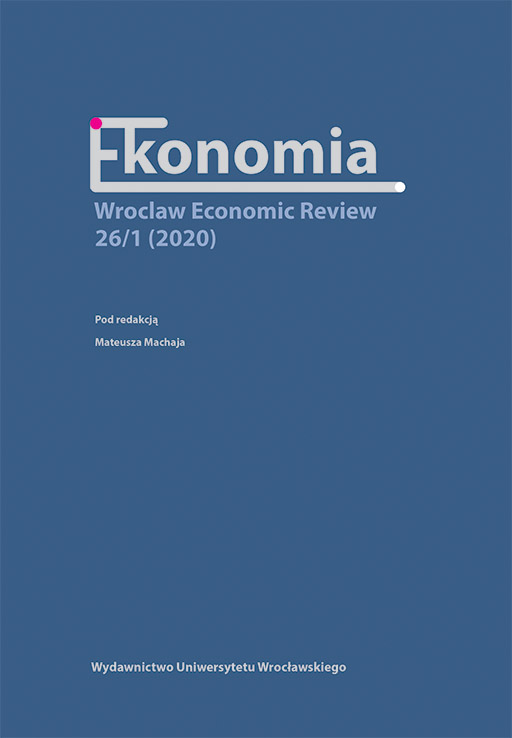

Artykuły

This article outlines how the rapid evolution of the ICT sector in highly-developed economies has resulted in digital inequality between the EU-15 and countries that joined the EU in the first and second decades of the 21st century. The main hypothesis of the study is that digital inequality be-tween the economies of EU member states weakens the competitiveness of the EU in the area of EU economy 4.0 in the global market and could threaten European digital sovereignty, including the issue of access to public and private data and digital identity protection. The results of the an-alysis show that the currently existing digital inequality widens the digital gap between the EU and the US and China, and further bolsters the digital dominance of non-European countries. The main challenge lies in providing national economies of Central and Eastern Europe with appropriate instruments that would allow them to make up for these digital deficiencies . The study used critical literature analysis and data contained in the reports of the OECD, the International Monetary Fund, the World Bank, UNCTAD, WTO and European Commission materials.